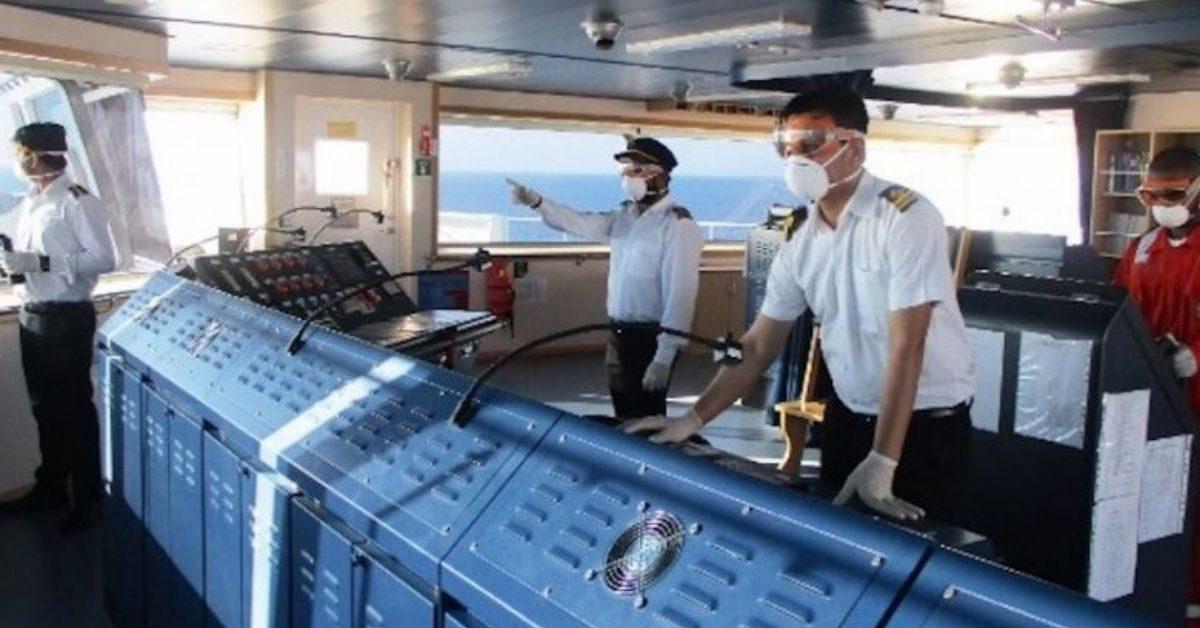World Health Organisation director-general Dr Tedros Ghebreyesus and International Labour Organisation director-general Guy Ryder have confirmed their organisations will form an action group with major transport bodies to ensure freedom of movement for international transport workers at a time where the crew change crisis is worsening.
The commitment came after organisations and unions representing road, air and sea companies and workers met with Tedros and Ryder last week. They warned of the impact of new travel restrictions on transport workers and the already fragile global supply chain in the wake of the Omicron variant.
The International Air Transport Association (IATA), the International Chamber of Shipping (ICS), the International Road Transport Union (IRU), and the International Transport Workers’ Federation (ITF), have made urgent pleas for governments’ health departments to coordinate measures and avoid restricting the movement of transport workers.
Tedros said during the meeting that work on the action group would begin this week and regular meetings will be held with IATA, ICS, ITF and IRU going forward. He noted other areas of focus will include amending the Yellow Card, a medical passport issued by WHO, to be used by transport workers as proof of vaccination.
The action group will ensure the implementation of existing travel protocols developed by industry to protect the rights of transport workers. The WHO and the ILO also confirmed that the UN Secretary General’s Executive Committee in January 2022 will discuss further solutions to issues raised by the transport organisations.
The transport bodies, which represent more than $20trn of world trade annually and 65m global transport workers across the supply chain, had previously shared fears that ‘knee-jerk’ decisions made by governments to reimpose travel restrictions for transport workers in response to the emergence of the Omicron variant could shatter supply chains and delay global economic recovery.
Since Omicron was noted as a ‘variant of concern’ by WHO, some 56 nations have updated Covid tightened travel restrictions in response. The transport bodies expressed frustration that governments were reneging on clear steps issued to world leaders in September to guarantee the free and safe movement of transport workers. With Omicron’s emergence making it even more important to ensure priority vaccination for transport workers, the organisations said, the WHO should encourage countries to adopt the tried and tested travel and health protocols for seafarers and drivers which the WHO has itself endorsed.
Guy Platten, secretary general of ICS, commented: “We need governments to urgently protect the health and safety of cross-border workers if they want a holiday season that is anywhere near normal. It’s really worrying to see last year’s draconian travel restrictions starting to reappear in many countries, especially as millions of transport workers have been making enormous sacrifices for scant recognition for nearly two years. It is very promising to see the WHO and ILO take leadership on protecting international transport workers’ rights and we look forward to working closely with them in the weeks and months ahead.”
Stephen Cotton, general secretary of ITF, said: “As we enter peak season for transport workers over Christmas, it is critical that we work collectively to alleviate the strain on our global supply chain. What we can’t have are governments, like we’re seeing in Australia, blaming transport workers for disruptions stemming from a global health crisis. This is about leadership, not protectionism or politicking.”
The organisations present at the crisis talks also demanded that transport workers be given access to emergency healthcare and prioritisation for Covid-19 vaccinations on the approved WHO list. They called for harmonised protocols internationally that affect cross-border workers, for example demonstrating vaccination status and/or Covid-19 test results. They stressed that governments must increase global vaccine supply by all means at their disposal to expedite the recovery of their transport industries.
Source : Splash247








